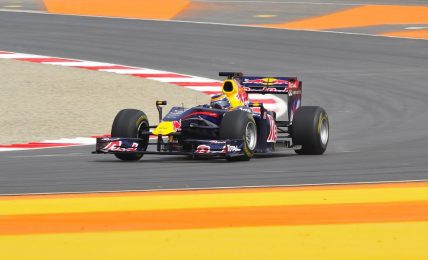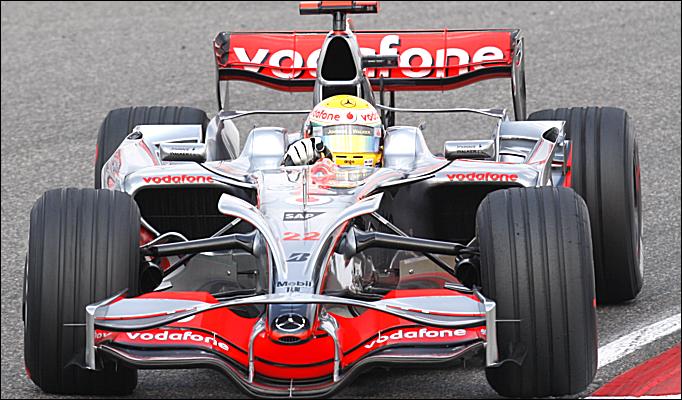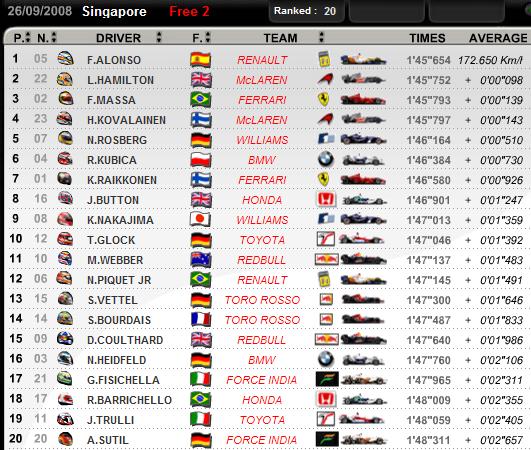All it takes is time
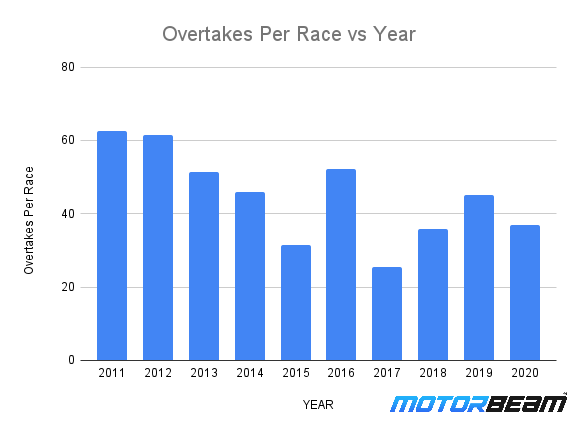
Time is key here. Ultimately, someone is going to nail the regulations more than the others. In 2014 it was Mercedes, and in 2017 it was Ferrari and Mercedes (If you look past Ferrari’s dismal reliability that year).
For an organisation as big as these teams are, momentum is everything. So if a team believes they have a game-changing innovation in their hands, the positivity spreads across the factory. At the end of the day we have a ripple effect of innovations that propel the team forward.
On the other hand, it’s really hard to keep innovating at the same rate as your rivals when you are leading. At some point, inevitably, the leader will slow down and the rest catch up. Toto Wolff, team principal of Mercedes has alluded to this many times.
That is exactly what happened in 2021. The regulations dragged Mercedes down and benefitted Red Bull which gave them them a proper shot at the championship since 2013. (Although the constructors seem sealed at this point)
Of course, the decision to split resources under the tight cost-cap environment has also played a key part. Whatever the case is, the fact that stands is that the last season of the current regulations also is the closest one.
The key here is to let things bake for a while. F1 should avoid pursuing a knee-jerk methodology on mitigating the errors/loopholes of the upcoming set of regs that will inevitably be present.
Eventually, no matter what the regulations, the competition catches up, and we have good racing!
The Risk Of Overdelivering
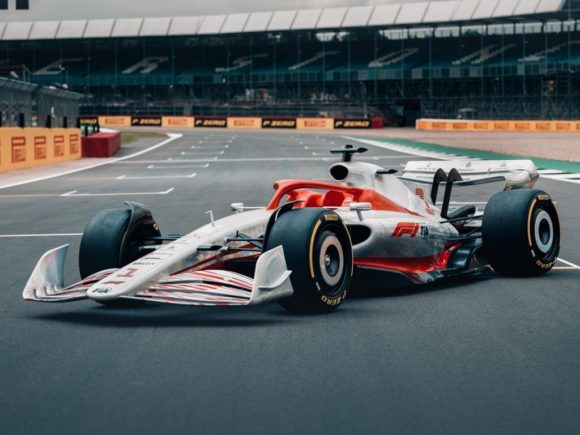
Flipping the script here for a little bit, let us say the current regulations hit the bulls-eye. We roll up to 2022 pre-season testing in Bahrain, and find that a new team is topping the timesheets every session. Would that be fun?
One thing I learnt from watching Formula E couple of years ago is that things being too close is also not a good thing.
Here, take this season, when we go into a race, we know 80% of the time either Max or Lewis will win, or at least they be in the top 5. Now, imagine a situation where Max wins a race, and then finishes P14 in the next race by pace.
A season as long as F1 has (9 months or so) needs a storyline that ties everything together. Think about how boring 2020 season was, and how come it feels like we could watch this season forever. If we see them as individual events, then it will become boring very quickly.
Having absolutely chaotic races like the one in Jeddah is always a pleasant surprise. It’s just that for F1 to make the model a sustainable one, too much chaos is also not good.
Plus F1 has heritage to uphold. Even the smallest thing like calling the Sprint race winner the “Pole Sitter” has upset many. One must not forget that dominance has been a part of F1 since its inception. So we can’t be mad if this dominance continues to be a part of the sport despite efforts to mitigate it.


